Whether you're buying, selling, or simply curious, understanding house sold histories can give you a real edge and valuable insight into the current real estate market. Especially in a country like Montenegro, where real estate demand is growing rapidly and foreign interest is high, understanding house sold histories can make or break your decisions.
If you think you have found a good deal for a beautiful stone house in Kotor's old town listed at €180,000 and you don’t check what similar houses were actually sold for, you might just end up paying thousands more.
Knowing what similar houses actually sold for, not just what they were listed for, might change everything for you. Because knowing house sold histories isn't just useful; it's absolutely essential if you want to make smart real estate decisions in Montenegro.
This guide will walk you through how to find out house sold histories in Montenegro and explain why this information is so essential for buyers, sellers, investors, and real estate professionals alike.

Why House Sold Histories Matter
Here's something most people don't realize: the asking price and the selling price are often two completely different numbers.
Let’s say you see a place listed at €95,000. Beautiful sea view, newly renovated, and you instantly like it. But you have no idea what similar apartments are actually selling for. Turns out, three comparable units in the same building had sold for €78,000, €82,000, and €85,000 in the previous six months.
You paid €92,000. Still overpaid by about €7,000-10,000. If you had known what other people paid for their houses in your complex, you would’ve negotiated the price and paid less.
This is the power of knowing house sold histories, they give you ammunition for negotiations and help you avoid costly mistakes. Whether you’re purchasing a house or selling one, knowing house sold histories helps you:
- Justify your asking price
- Understand house price trends
- Identify value-added improvements
House Sold Histories in Montenegro: The Challenge
Now, here's where things get tricky in Montenegro. Unlike countries like the US or UK where property sales data is public record, Montenegro doesn't have a centralized, easily accessible database of house sold histories.
This can be really frustrating when you try looking for house sold histories online only to find nothing. In America, you could just hop online and see exactly what every house in a neighborhood sold for.
But don't despair. There are ways you can still find this information, you just need to know where to look and who to ask.
How to Find Out What a Home Sold For in Montenegro
After years of helping clients navigate Montenegro's real estate market, we've developed a system for tracking down house sold histories.
Method 1: The Real Estate Agent Network
The best agents in Montenegro keep detailed records of their sales and often know about competitors' transactions too. An agent who has been working in Podgorica for fifteen years would definitely have maintained a spreadsheet with every significant sale in the neighborhoods they cover.
When you're working with an agent, ask them directly ‘Can you show me what similar properties have actually sold for in the past six months?’ A good agent will have this information and help you compare similar properties, help you spot trends in pricing over time, and help you make strategic buying and selling decisions.
Method 2: Check the Real Estate Cadastre
Montenegro’s real estate cadastre is the official government registry for property ownership. While it primarily contains ownership and zoning information, sale data may be accessed under certain circumstances, especially if you're the buyer or seller involved in the transaction.
You can request access through the Real Estate Administration. However, you may need to make a formal inquiry or work through an agent or legal representative.
Method 3: The Construction Worker Intelligence Network
This might not be what you were expecting but some of the best market intelligence comes from construction workers and contractors. They work on renovations, see properties change hands, and hear all the neighborhood gossip.
Method 4: The Municipal Records Approach
While Montenegro doesn't make property sales data easily accessible online, the information does exist in municipal records. Sale transactions are sometimes registered through notaries and the local court system. If you're determined to find out how much did a house sell for, you may be able to get a record of the sale deed or contract from:
- Local notary offices
- Municipal archives
- Land registry courts
This method can take longer and may involve translation if you're a foreigner, but it can yield detailed, legally verified information. It also works best if you're working with a local lawyer or have a specific property address you want to investigate.
Method 5: Talk to Neighbors or Sellers
In smaller Montenegrin communities, it’s common for neighbors to know property histories. Conversations with locals can often reveal pricing insights you won't find in any database.
Understanding Trends: House Sold Histories in Montenegro’s Regions
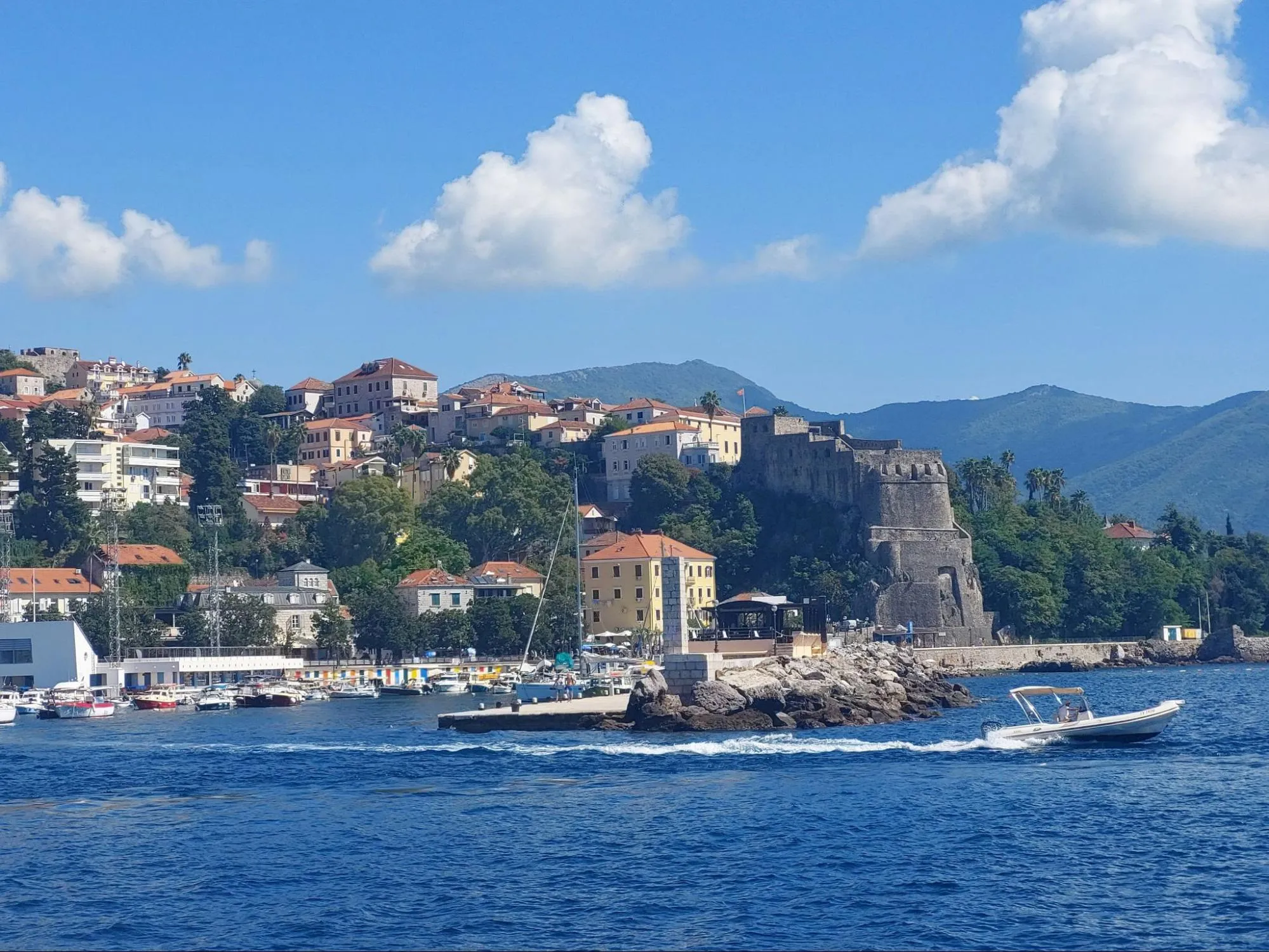
Coastal Areas:
Properties in coastal areas such as Kotor, Tivat, or Budva, have seen the most appreciation, largely driven by foreign investors, luxury development, and proximity to the Adriatic coast. Sales history shows a constantly steady climb, especially for homes and apartments with a sea view.
The Capital:
The capital city Podgorica is also witnessing a growing demand for both commercial and residential spaces. House-sold histories indicate stable growth with increased demand from locals and returning expats.
Northern Regions:
The properties in the northern regions like Pljevlja and Žabljak are more affordable, slower-growing markets with seasonal sales trends. This area is ideal for investors looking for long-term gains or vacation properties.
Steps to Uncover House-Sold Histories
If you're serious about buying or selling property in Montenegro, here's your step-by-step plan:
- Find a well-connected agent who maintains detailed sales records.
- Build relationships with local notaries, lawyers, and contractors.
- Start a tracking system for properties in your target areas.
- Join local property groups and networking events.
- Be patient and persistent, good information takes time to gather.
Remember, house sold histories aren't just numbers on a page. They're stories of real people making real decisions with real money. The more you understand these stories, the better decisions you'll make with your own money.
Montenegro's real estate market is still developing, but that creates opportunities for informed buyers who do their homework. Don’t end up paying the full asking price because you didn't know better and instead save money by understanding what houses actually sold for.
Partner with Local Real Estate Agents

Understanding house sold histories in Montenegro is more than just satisfying curiosity, it's a strategic advantage. Whether you’re a local buyer or a foreign investor, knowing how to find out what a home is sold for helps you make smarter financial decisions, negotiate more confidently, and protect your long-term investment.
And while the data may not be as easily accessible as in Montenegro, you don’t have to navigate the process alone. Partnering with a reputable local real estate agent or legal advisor is your best bet to uncover a reliable sales history and ensure a smooth transaction.
If you need help analyzing sold home data or want expert guidance on your next real estate move in Montenegro, contact our experienced team today. We’ll help you navigate the market with the local insight and negotiation expertise you need to succeed.


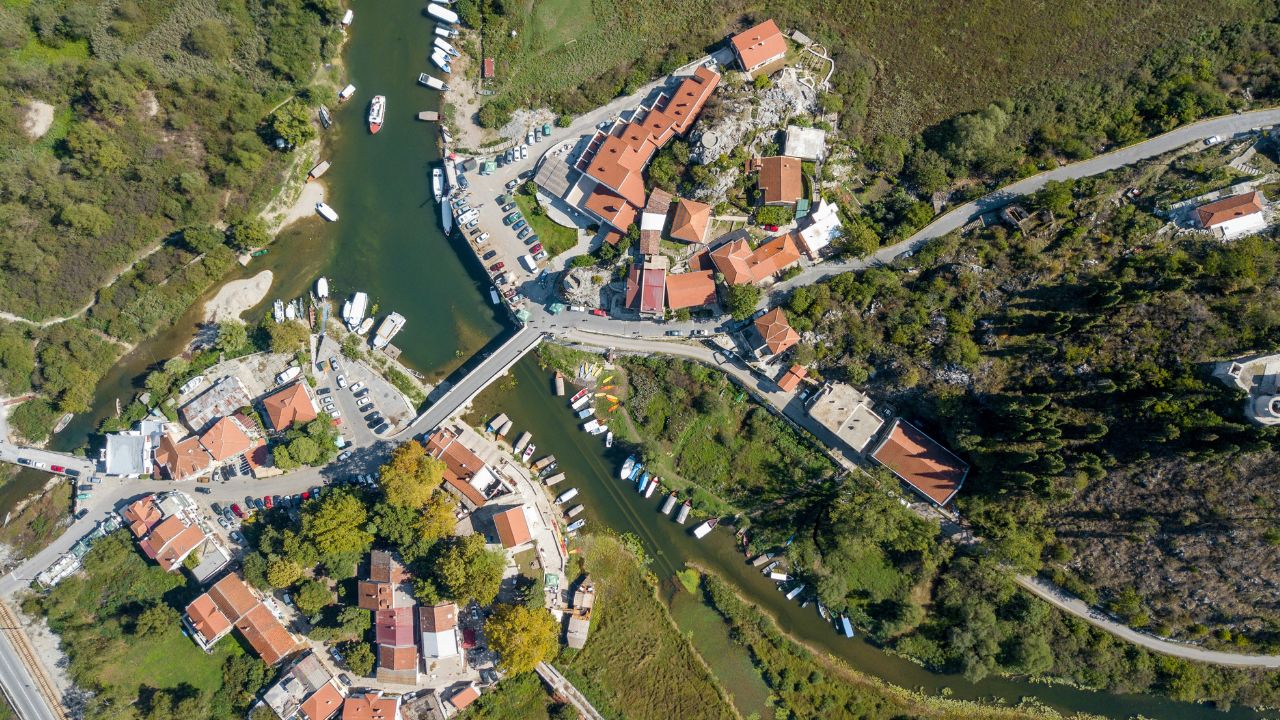
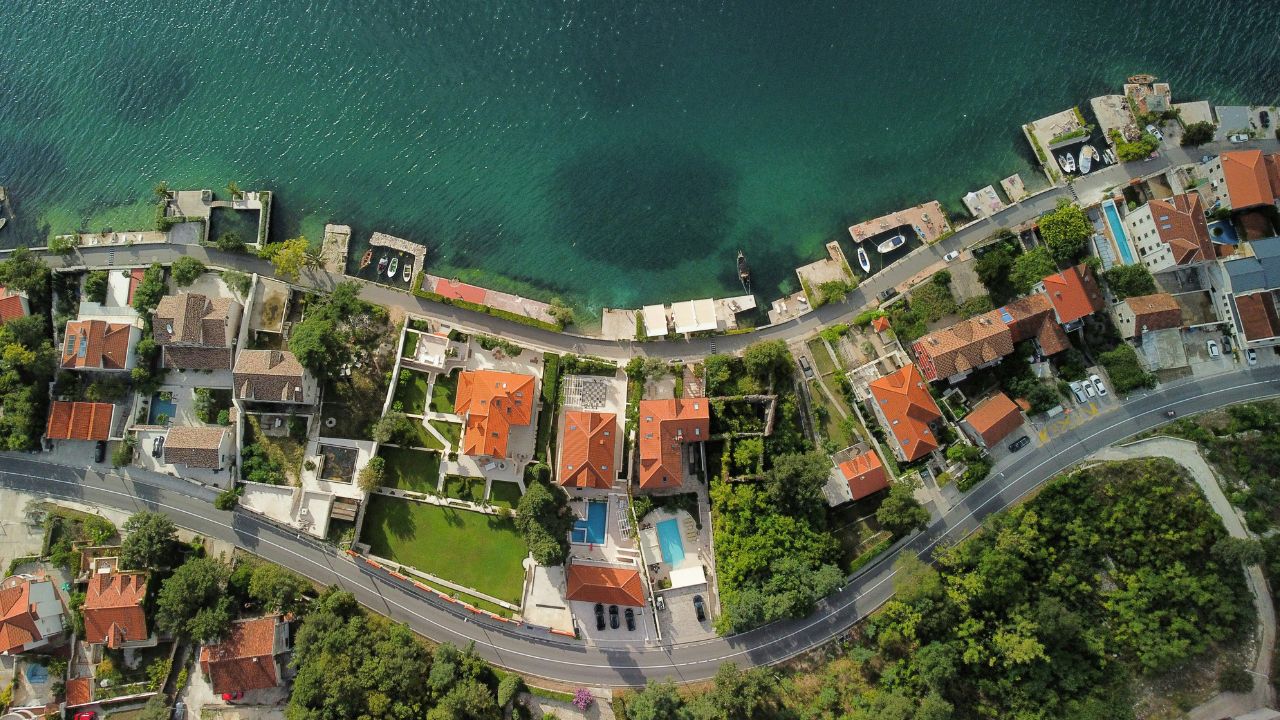



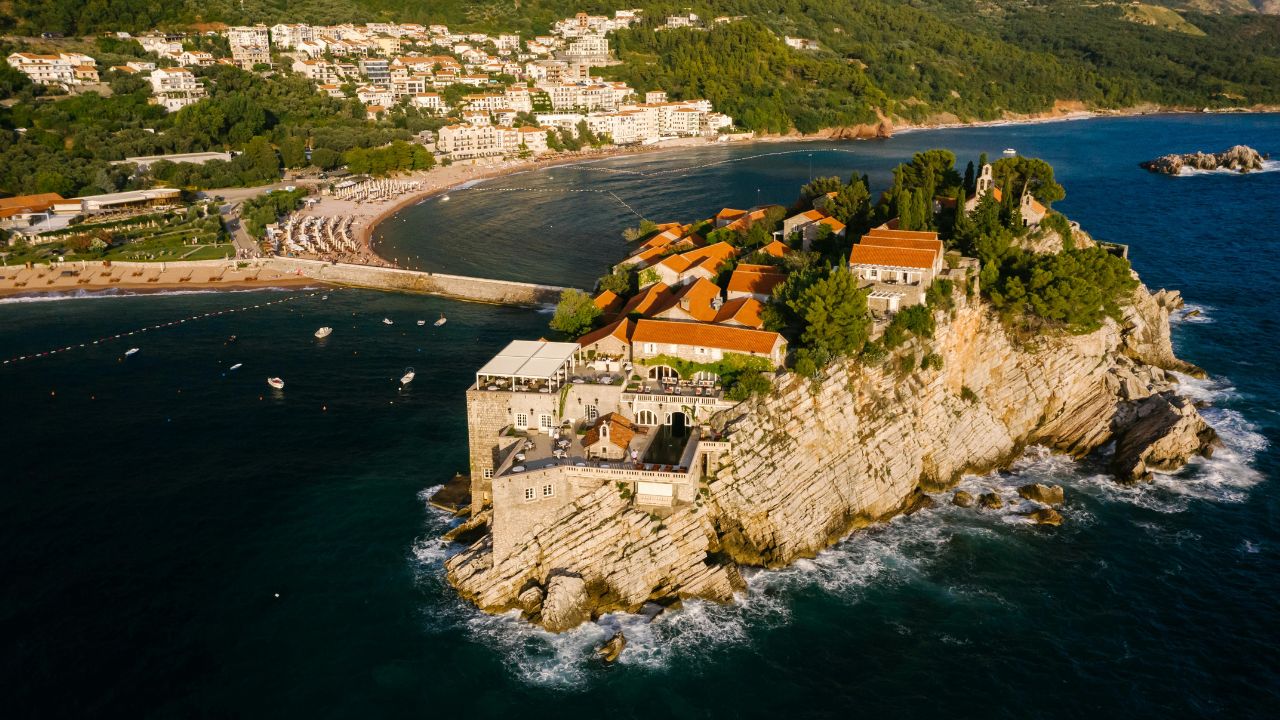








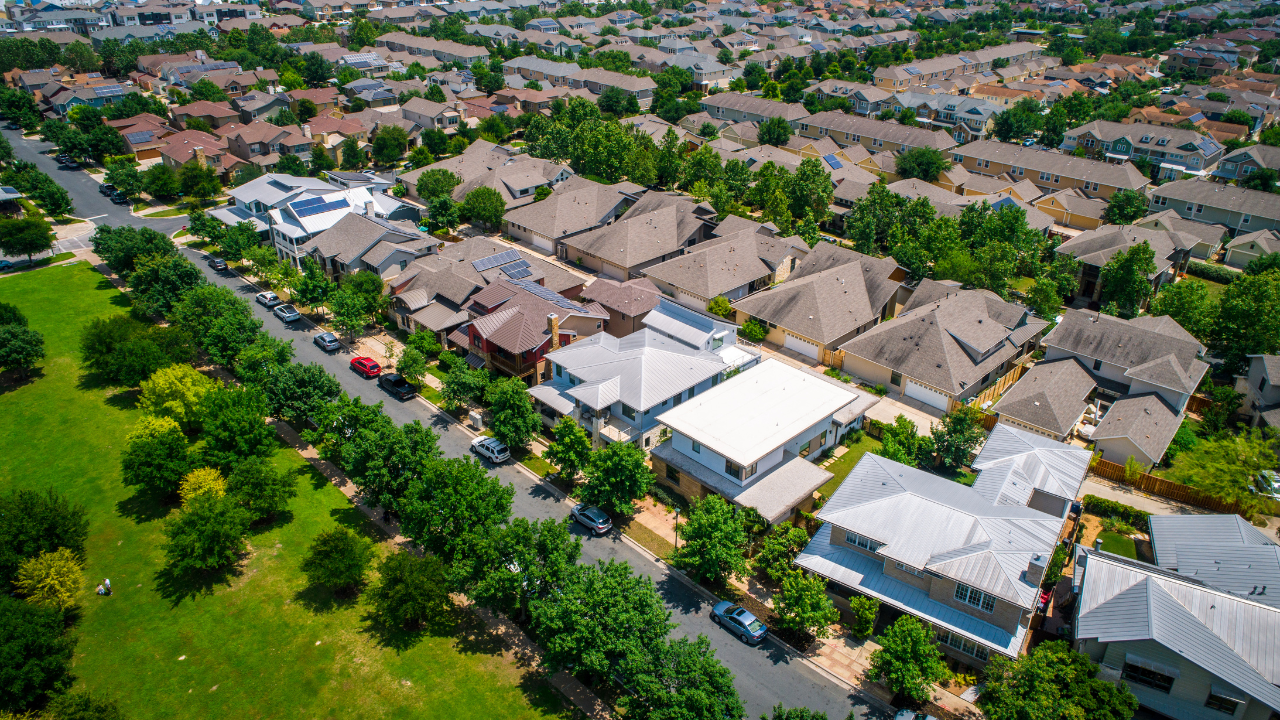

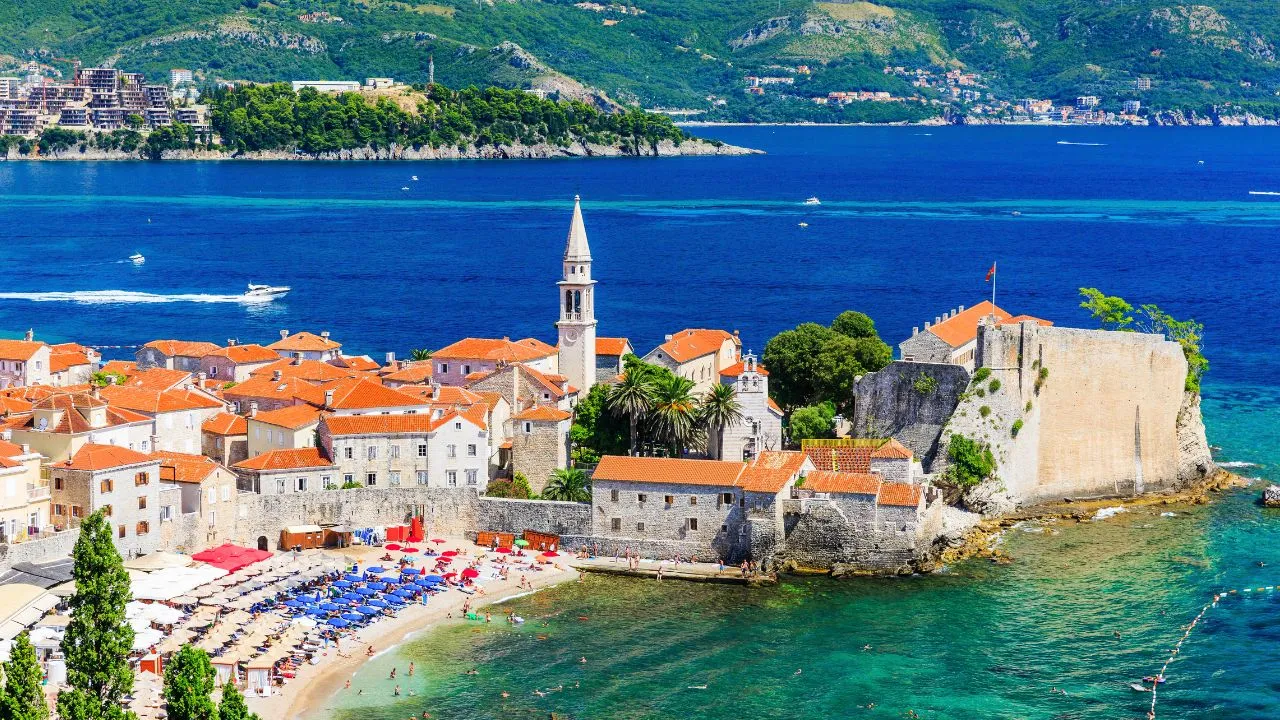




















.webp)

.webp)
.webp)

.webp)

.webp)
.webp)
.webp)

.webp)
.webp)
.webp)
.webp)

.webp)
.webp)
.webp)
.webp)
.webp)
.webp)
.webp)





.webp)

.webp)



















.avif)